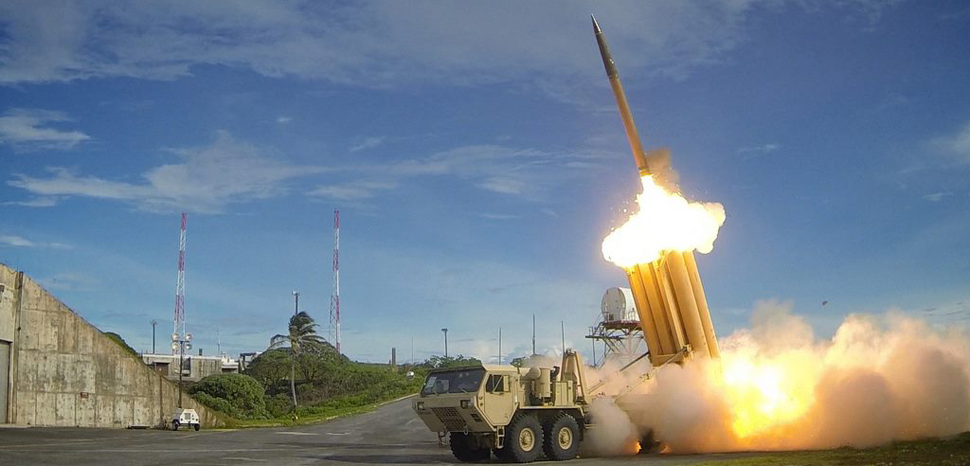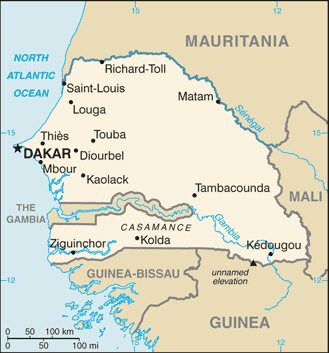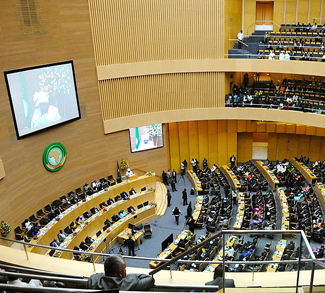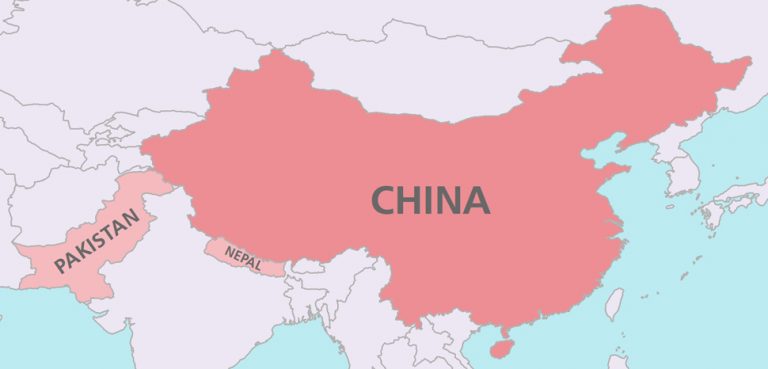Summary
There’s an antediluvian logic behind the need for an arms industry: these weapons can protect us against our enemies, real or imagined. But there’s an economic imperative as well. The genesis of a new and globally in-demand weapon platform is a job creator throughout its development cycle, from the initial planning and technical know-how, to the weapon’s ultimate manufacture and maintenance. And unlike commercial manufacturing, the defense industry is tightly controlled by the state and non-tradable. It won’t uproot itself in search of greener regulatory pastures overseas, leaving workers and their communities in the lurch.
The economic dynamic of an arms industry doesn’t come as a surprise to anyone. Former US president Dwight D. Eisenhower famously alluded to it when he warned of a ‘military-industrial complex’ in his 1961 farewell speech. However, given recent trends in the global arms market – particularly efforts by South Korea, Japan, Turkey, and now the European Union to get into the game – it’s beginning to appear as though the demands of state-directed economics are eclipsing the conventional geopolitical calculus of national defense.




